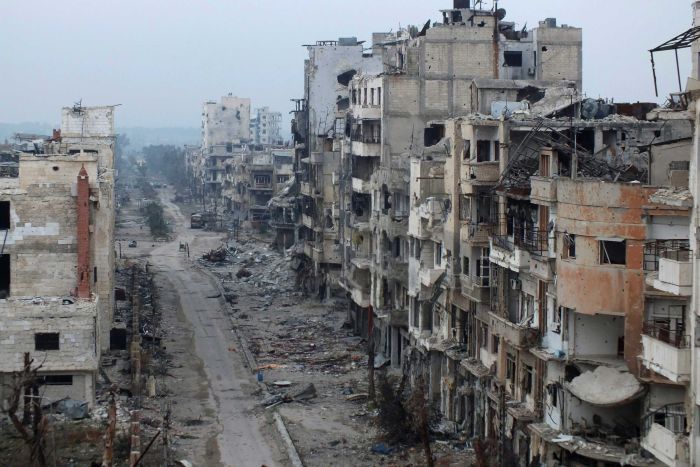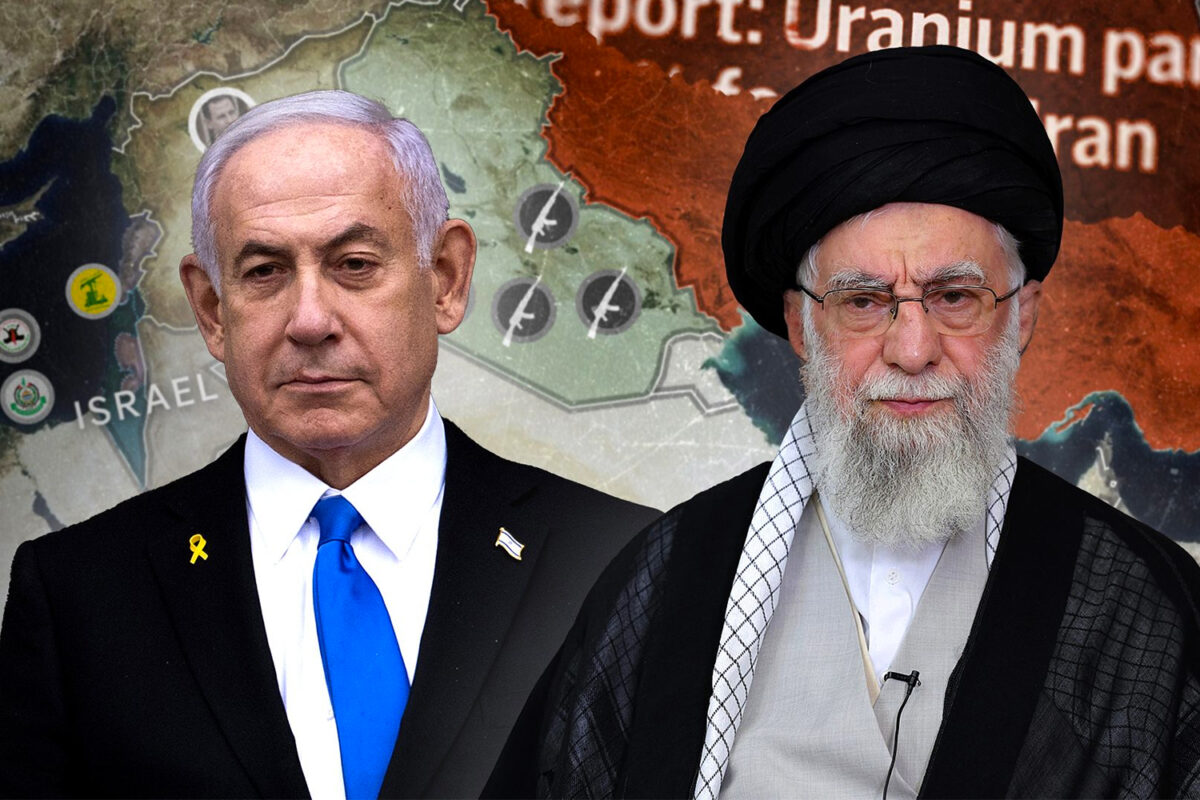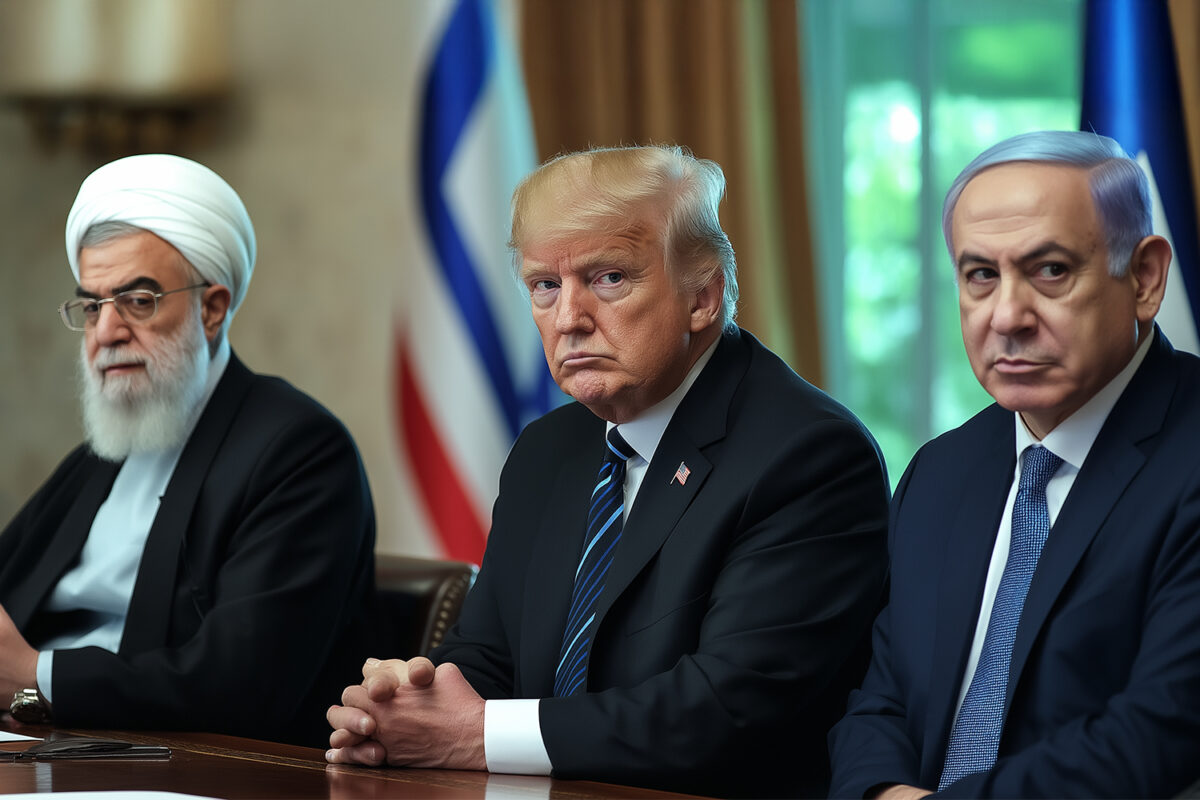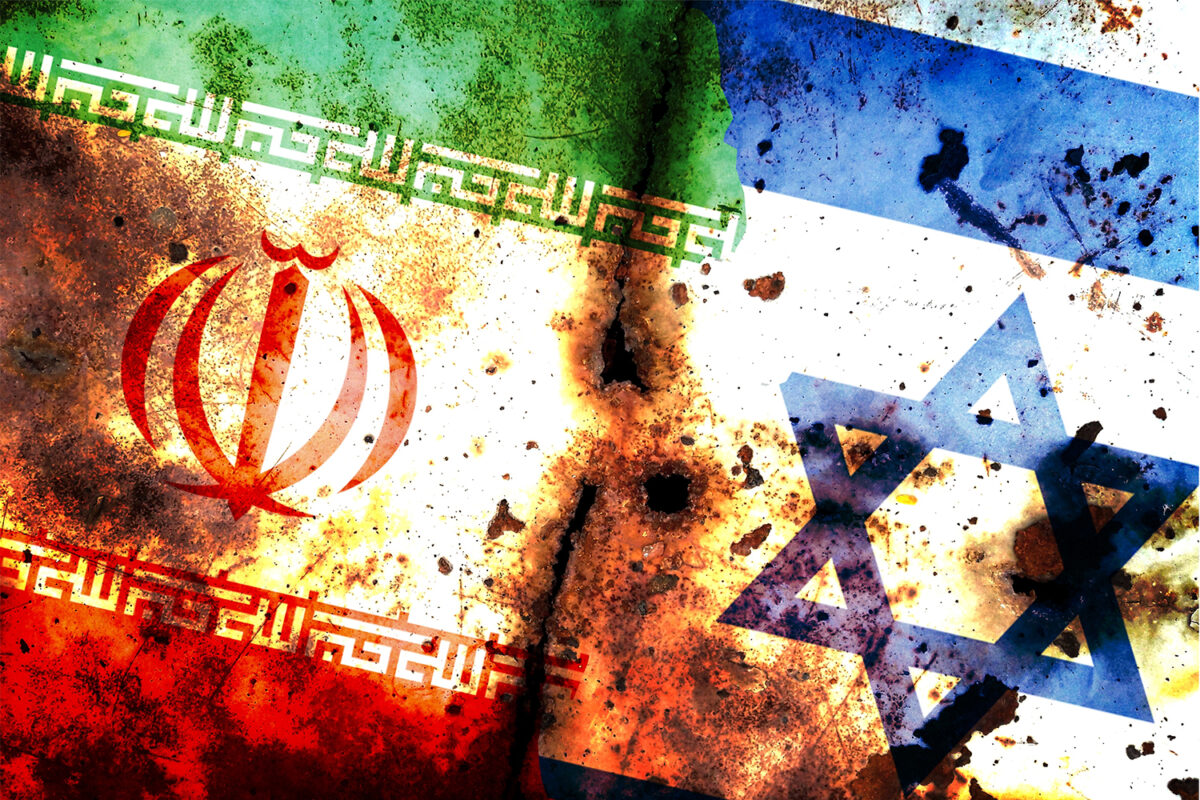By Muzammil Hussain
After seven grinding years the Syrian revolution seems to have lost its way, both the Syrian rebels and the Syrian regime have become nothing more than proxies for outside powers with little say about their affairs. Conferences concerning the future of Syria are arranged without representatives of either the regime or the rebels, and territorial control is ceded or gained without the involvement of either regime or the rebels.
As the European experience shows, the process of change and revival is neither linear nor easy. There are normally many false starts and dead ends before the prerequisite firmly established consensus on the foundational principles of a state are established, which then form the intellectual foundations of a stable state. Although the mistakes and errors of the rebels are too numerous to list, there are several fatal errors which ensured the failure of the revolution, and its eventual and not too distant capitulation to the regime.
Firstly, the failure of the rebels to establish a consensus on the political aims of the revolution. Similar to the Tunisian, Libyan and Egyptian revolutions the Syrian revolution was not established upon any particular ideological view point. The sole aim of the revolution was initially a reform of the existing regime, which subsequently changed to a call for the overthrow of the regime. What was to replace the regime was never agreed nor was there, like the 1917 revolution in Tsarist Russia, a central leadership which guided the revolution to a particular end. Rather, there were groups of independent individuals and battalions whose aims were often contradictory and very much local -not local to Syria but their own city, town or even neighbourhood. The lack of clear ideological and political aims made the revolutionaries easy targets for foreign powers looking to exploit and subvert the revolution. The lack a clear ideological basis for the revolution, was a major factor in the subsequent disunity and infighting between rebel groups, as personal and often financial motives guided their actions rather than any sincere objectives.
Secondly, political naïvety. Due to the failure of the rebels to establish clear political and ideological aims combined with their political naïvety, they made themselves dependent of foreign powers principally Jordan, Turkey and Saudi Arabia, who themselves were simply proxies for the US. These states, especially Jordan and Saudi Arabia, had no interest in a rebel victory as citizens successfully removing a unpopular regime was not a precedent they were happy to set. Furthermore, the rebels failure to understand that a key strategic interest for the US, not just in Syria but across the Muslim world is the maintenance of secular states, and that in Syria the best guarantor of a secular state for the US is the regime, not the Islamist rebels. Hence, the rebels failed to notice that despite bellicose statement of US officials against the Assad regime, all US actions were contrary to their statements and were actually designed to preserve the regime rather than ensure its demise. The US dictated “assistance” to rebels which included selectively supplying light, but denying them heavy and air defence weapons, making supply acheter cialis of weapons and money conditional on the ability to dictate rebel offensives. Vetting rebels groups ensured that the rebels remained divided and ineffectual.
Thirdly, failure to strike at the regime’s power base. Under US pressure, Turkey and Jordan both forbade rebels from attacking the actual power base of the Assad regime. Damascus and Latakia were the actual power bases for the Assad regime. Damascus was and remains the locus of political power for the regime, whose loss would have ensured a collapse of regime power structures, whilst Latakia is the only source of dependable manpower for the regime whose loss or even disruption would have been a death knell for the regime. In 2015, Jaish-ul-Islam and Falaq-ur-Rahman, both of which had considerable forces, together with rebels from Dera were poised to strike Damascus but this offensive was vetoed by both Military Operations Command (MOC) in Turkey and their Jordanian counterparts.
Fourthly, the emergence of ISIS. Considerable speculation surrounds the emergence of ISIS both in Iraq and Syria, but what cannot be denied was that its emergence and its subsequent routing of the rebels in eastern Syria was tactically the single most important factor in the survival of the regime. Their emergence justified the West’s defacto support for the Assad regime. The main focus of ISIS was to attack rebels rather than the regime, with whom it had many financial and security arrangements, which included the supply of oil from eastern oilfields and the protection of the Hama-Aleppo supply corridor. The result of this arrangement was rebel preoccupation with ISIS rather than the regime and a further dependence of the rebels on foreign powers due to them being deprived of resources from the oil and gas in eastern Syria.
Filthy, the truces and reconciliations and prevention of offensives. Many truces and quiet fronts have been brokered by Russian, Jordanian and Turkish officials in Syria, but all have resulted in tactical advantages to the regime. The truces have allowed the Assad regime to concentrate its meagre resources to launch offensives on a front and then return to take the area with a truce. The offensive to take Hama was only possible because of the truce in Ghouta, Hama, Idlib and Deir az-Zour. The offensive against Deir az-Zour was only possible because of the general truce between rebels and regime. The recent Ghouta offensive was only possible because of the truce in Idlib, northern Aleppo and Dera and the future offensive on the southern front is only possible because of the truce in Idlib. With an estimated viable fighting force of only 20,000 soldiers a general offensive by rebels even now would quickly overwhelm the regime.
The plethora of mistakes by the Syrian revolutionaries provide many lessons for the ongoing struggle in Muslim majority nations looking to remove the vestiges of colonial rule, and foremost of these lessons is the hard truth that the West is has malevolent intentions when it comes to political change in Muslim majority states and no interest in helping establish representative governments in their former colonial dominions.





